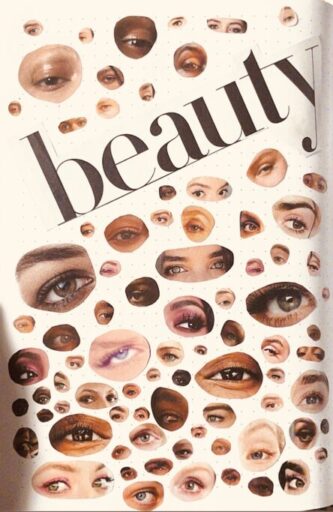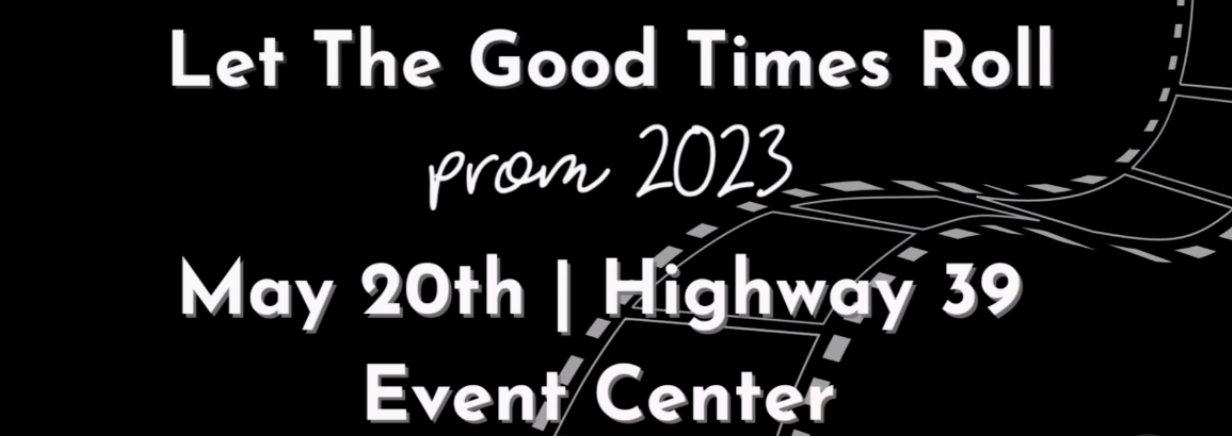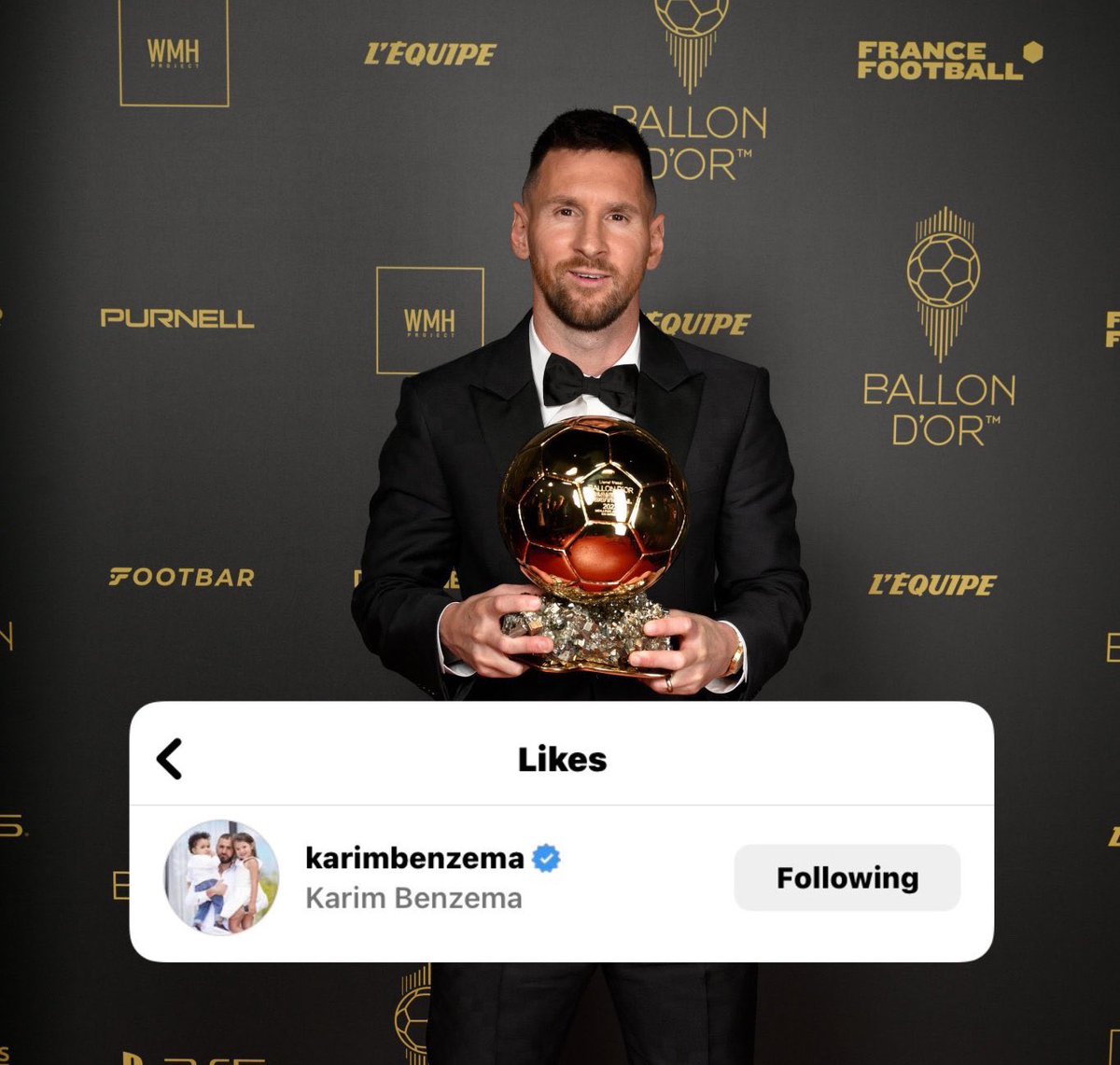The feminist film theory, the male gaze, coined by film theorist Laura Mulvey, is the idea that women are sexually objectified in films for no particular reason except to appeal to the white heterosexual man.
Women are often portrayed in a way that they are not a human themselves, but an appendage of men. Simone de Bouvoir puts it agonizingly beautiful in her book, The Second Sex, “Humanity is male and man defines women not in herself but in relation to himself.”
This quote and the male gaze feed off the idea that women are props for men to consume; men exist to look and women exist to be looked at.
The male gaze doesn’t just exist in the cinematic worlds created by filmmakers, it lives in video games, music videos, works of art and literature, photography, magazines, advertisements- basically any form of media depicting women.
The idea that men exist to look and women exist to be looked at bleeds into the minds and bodies of women everywhere. Most notably and detrimentally, it’s been internalized by young women.
Obsessing over the way that you look before going out of the house, while out, or even while you’re alone, and feeling this constant invisible audience watching your every move, hoping and wishing that people find you attractive and pretty and doing your very best to “look your best” so that people will praise you for how wonderful they think you look are some of the many effects of the male gaze.
But we can’t let our desire to be called beautiful stop us from achieving our goals, dreams, and living our everyday lives.
Regardless of gender, it’s hard to say that it doesn’t matter what someone looks like because it feels it does matter to the rest of the world.
Racism, sexism, pretty privilege, ageism, beauty standards, stupid comments, all contribute the way that we feel about ourselves.
Most of the time, the “self-care” habits or rituals that are claimed to be done out of self love, often have underlying motives of wanting to appeal to the masses.
In honor of Women’s History Month, I challenge you to start living and existing for yourself. Limit how many times you let yourself check your reflection, unless of course you’ve just finished eating a peppery meal and want to check your teeth.
I challenge you to feel how your clothes sit on your body before you look in the mirror, to see if they’re actually comfortable, or to not pressure yourself to put on makeup if you hate doing it or if it really is so that others will find you pretty.
I challenge you to talk to yourself and say, “I am strong and resilient and capable.”
It’s hard and it may feel hopeless and inescapable, but practice makes progress. The more that we show ourselves kindness and love, the easier it is to let go of the need for external validation, even if that audience was imagined.



